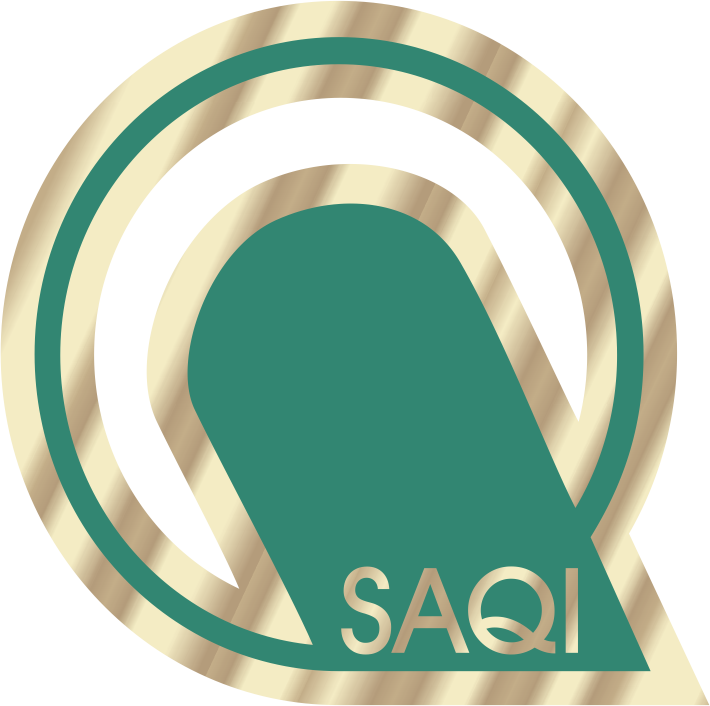The Main Standard used to proof "Competency" For a testing & calibration laboratories, is that of the ISO 17025 requirements standard
This is the standard
used in most countries for which most labs must hold accreditation to be deemed
technically competent in order to provide laboratory services in this field.
For your laboratories test & calibration results to be accepted, most of
your customer and regulatory authorities will be looking for the ISO 17025
Certification.
In the case of your organization looking to
outsource laboratory & calibration services, to a laboratory service
provider, you “SHOULD” be looking out for or request the proof from the
laboratory you would like to use, of certification towards the ISO 17025
standard.
What you need to know about ISO 17025:
There are a couple of similarities between the
ISO 17025 and the ISO 9001 standard, but the ISO 17025 standard specifically
focus on the “Competence of the laboratory process” that directly produce
testing or calibration results. For this, the standard does have a more
“Technical focus”.
The ISO 17025 is also regarded as a “Quality
System” and can stand alone (meaning that it does not have to be integrated
with an ISO 90010 system) a a Quality Management System. The aim of the ISO
17025 standard is for the organisation to “Improve” its ability to consistently
perform laboratory services (tests) and to consistently produce valid test
results. This is the main purpose of the ISO 17025 standard, to “PROOF
CONSISTENCY”!
On a “International level” the ISO 17025 standard should help to facilitate co-corporation between laboratories and other international bodies, by ensuring a wider acceptance of laboratory results between countries. If the standard is applied consistently, it should mean that test results from one country will be accepted by another country. This should improve international relations and trade.
Where to start?
The ISO
17025 standard does apply to all types of laboratories, whether operated by
industry, governments or private owners, the standard still applies. The
standard basically applies to any laboratory performing product certification
or any other conformity assessment with the need to do testing, sampling or
calibration.

